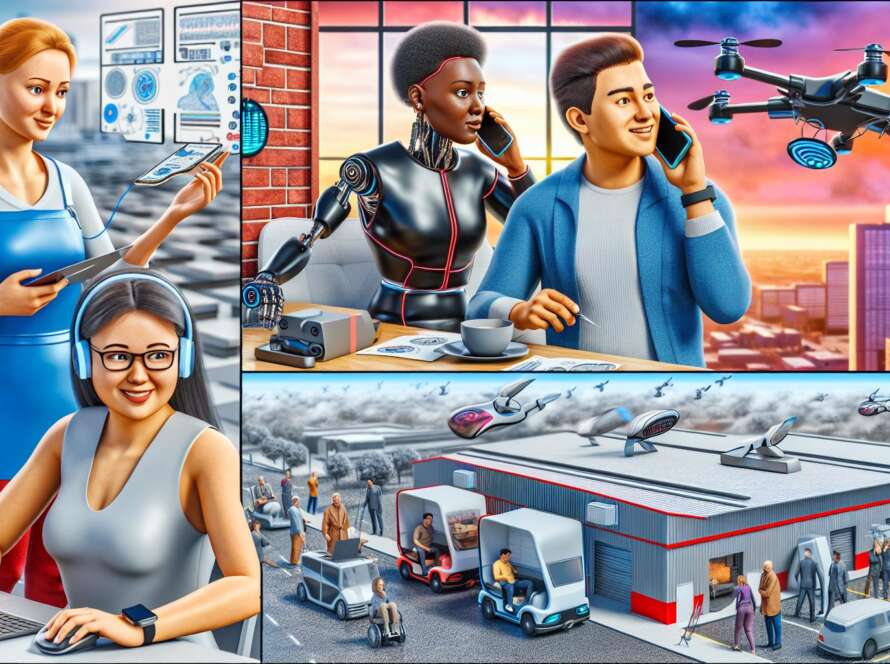In a world where the impacts of climate change are becoming increasingly evident, the need for accurate and actionable information has never been more crucial. Climate models, once seen as abstract and distant projections, are now being transformed into powerful tools that can inform decision-making at the local level. As communities grapple with the reality of rising temperatures, extreme weather events, and shifting ecosystems, the challenge lies in making these models not only understandable but also relevant to those at the forefront of governance and planning. This article explores the ways in which climate models are being tailored to meet the needs of local decision-makers, bridging the gap between science and action in the fight against climate change. Understanding the complex nature of global climate models is essential, as every model has its limitations. These models are frequently utilized to study and project climate phenomena across large scales, such as worldwide, continental, or regional. However, they lack precision when dealing with smaller scales due to their simplified representations of topography, vegetation, and atmospheric physics. Consequently, they might not accurately capture local climate variations and effects.
A potential solution to this limitation is the use of downscaled regional climate models. Downscaling is a method used to bridge the gap between the coarse resolution of global climate models and the finer resolution needed to realistically represent local climate impacts. This approach can capture the influence of local topography, land-surface characteristics, and atmospheric feedbacks on the climate. Therefore, decision-makers can obtain more precise climate information for a specific area, allowing for more effective development planning and risk management.
Stakeholder engagement plays a vital role in the development of climate models. Stakeholders, both those affected by climate change and those in positions to mitigate its effects, can provide critical input into the models’ development to ensure they are addressing relevant local issues. Engagement will likely include local governments, conservation organizations, local businesses, and community groups. These contributors can help identify key areas of concern, which can then be used to guide the model’s focus, increasing its benefits for local decision-makers.
To facilitate the effective use of these models, it’s crucial to transform the output of climate models into actionable recommendations. These recommendations should ideally be tailored to the local situation, incorporating socioeconomic data, local climate risks, and other variables. This could involve mapping predicted climate impacts to local assets, recommending specific climate resilient public policy changes, or advising on ways to build resilience into critical infrastructure.
In conclusion, climate models form a crucial part of the toolbox for local decision-makers seeking to understand and respond to the impacts of climate change. However, it’s imperative to recognize their limitations and work to refine and improve these models continually. Increasing the precision of these models through downscaling, engaging with stakeholders during development, and providing actionable recommendations, can enhance their utility for local communities.
In Retrospect
As we navigate the complex landscape of climate change, it is clear that the need for relevant and actionable information has never been more important. By making climate models accessible and applicable to local decision-makers, we not only empower communities to thrive in the face of challenges, but also work towards a more sustainable and resilient future for all. Through collaboration, innovation, and a commitment to bridging the gap between science and policy, we can drive positive change at the local level. Together, let us harness the power of climate models to shape a world where decisions are informed by knowledge, guided by wisdom, and driven by a shared vision of a better tomorrow.






